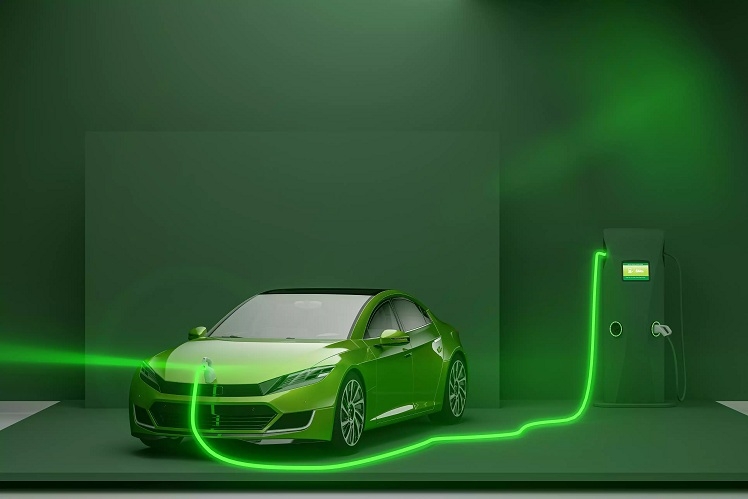State Govt extends early benefit scheme for EV till March 31
| Date :02-Jan-2022 |

Staff Reporter :
The scheme was to end on December 31, 2021
Now, every new government vehicle purchased after January 1, 2022, must be an EV
The Government of Maharashtra has extended the early benefit scheme for select electric vehicle (EV) buyers till March 31, 2022, recently. Earlier, the scheme was set to end on December 31, 2021. The development was communicated by the government vide a Government Resolution (GR) of December 29, 2021. The GR also stated that the Government, semi-government and State Government vehicles purchased after January 1, 2022 must be a battery-run or electric vehicle. Similarly, after April 1, 2022, the private vehicles which will be utilised for government use must be electric vehicle. There are only two models of Tata Motors in the four-wheeler category that have qualified for these benefits. The Maharashtra EV policy provides a basic incentive of Rs 5,000 per kWh of the vehicle battery capacity, with maximum incentive capped at Rs 1.50 lakh.
Additionally, the policy allowed EV buyers to avail early bird incentives on purchase of a vehicle before December 31, 2021, which has now been extended to March 31, 2022. This means, buyers of the vehicles qualifying variants get Rs 2.50 lakh off (Rs 1.50 lakh as subsidy and Rs 1 lakh for early bird incentive), dropping the vehicle price by a huge margin. Maharashtra’s new draft Electric Vehicle (EV) Policy 2021 aims to bring at least 1,46,000 new battery-operated electric vehicles (BEVs) on State roads by 2025, estimated to comprise about 10% of all new vehicle registrations by that time. The policy aims to incentives purchase of 1,00,000 electric two-wheelers, 15,000 e-autos, 10,000 cars, 20,000 goods carriers (both three and four-wheeler) and 1,000 e-buses. The urban local bodies will also provide rebates on property tax to residential establishments that set up EV charging infrastructure on their premises. In fact, the policy targets that all upcoming residential complexes should have 20% of their parking spots dedicated for EVs by 2025.